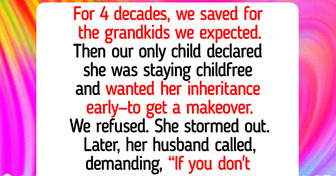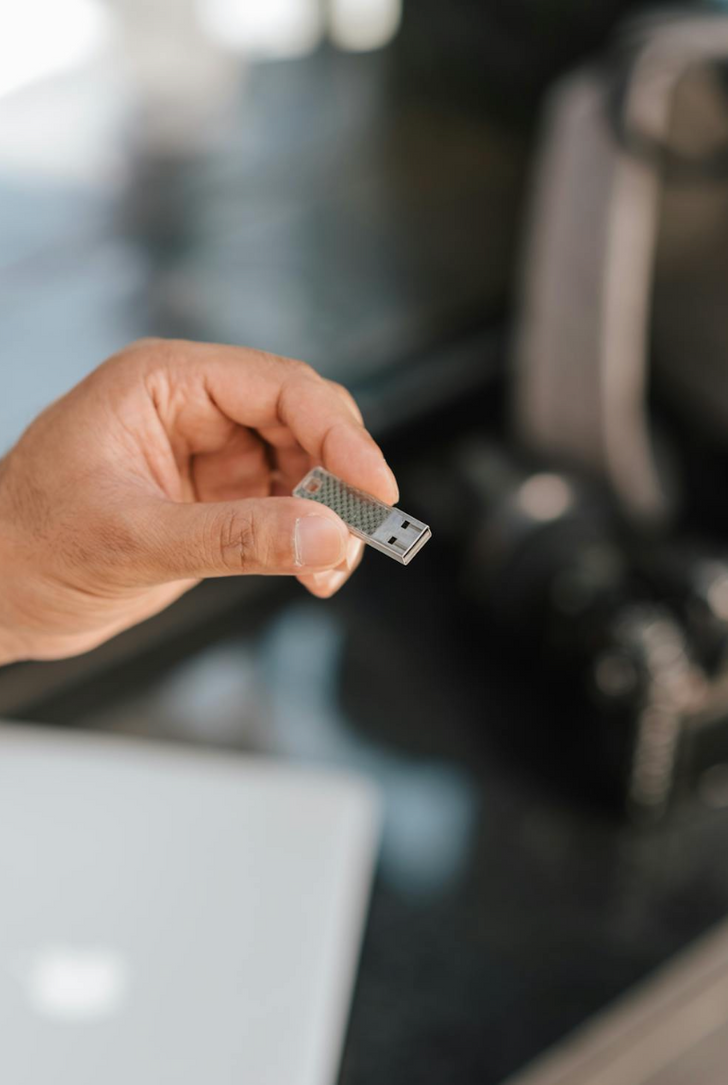If you are doing the work I have to ask why you are so concerned about the program on your computer. I worked from home for 6 years and I would not have been bothered if they put this on mine because I know I exceeded the hours I was supposed to work all the time. Whay are you trying to hide? They pay you, they have a right to know you are not doing all your work and then just sitting around beause you feel that is all you have to do and nothing extra when time permits.
I Refused to Return to the Office After Years of Remote Work — Then HR Dropped a Bombshell
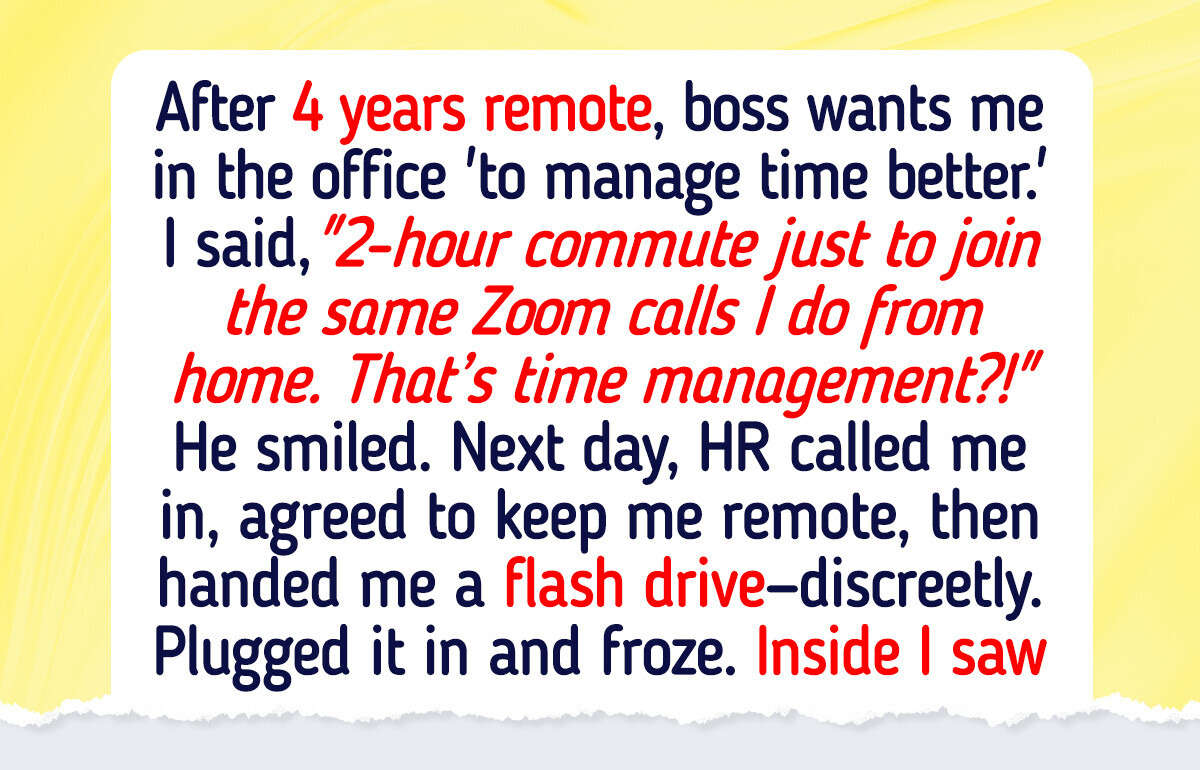
In today’s world, remote work has become more than just a trend — it’s a lifestyle that many people have built their routines and peace of mind around. But what happens when trust between employer and employee starts to fade, and freedom turns into surveillance? One reader recently sent Bright Side a letter revealing a shocking situation that left him questioning whether his remote job was truly worth the price of his privacy.
Here’s Sean’s Letter:
Hi Bright Side,
I work at a marketing agency, and after 4 years of remote work, my boss wants me back in the office “to manage time better.”
I said, “2-hour commute just to join the same Zoom calls I do from home. That’s time management?!”
He smiled. Later, HR called me in — agreed to keep me remote, then handed me a flash drive, discreetly. I plugged it in and froze. Inside I saw 2 files — one a program labeled TimeTrackerPro.exe, the other titled Installation Instructions.
Turns out, the only reason HR agreed to let me keep working remotely was if I installed this “productivity monitoring” software — a polite way of saying spyware.
I’ve been with this company for years. I’ve worked hard, hit every deadline, even helped keep things running during lockdowns. And now they want to watch my screen to make sure I’m “working”? Remote work was supposed to be about trust, about getting the job done without being watched over your shoulder. Now I feel controlled. Like every click, every minute, is being judged.
I took the flash drive and returned home. Now I’m stuck. Do I install it and give up my privacy, knowing they’ll be tracking everything? Or do I go back to the office, pretend everything’s fine — even though it’s not? Honestly, I don’t feel comfortable either way.... After all these years, I just don’t know if this is the place for me anymore.
—Sean
Thank you, Sean, for sending us your story — it highlights a growing concern many remote workers face when trust turns into surveillance. Here are four pieces of advice to help you handle this situation wisely while protecting both your privacy and your peace of mind.
Understand Your Legal and Ethical Boundaries
Sean, before doing anything, find out exactly what that software does — and whether your employer has the right to require it. Some tracking tools monitor more than productivity; they can record keystrokes, capture screenshots, or even access private data. If that’s the case, it could violate workplace privacy laws depending on where you live. Consult a labor lawyer or look into your local regulations before installing anything. Protecting your personal and digital rights isn’t rebellion, it’s responsible professionalism.
Revisit the Conversation with a Calm, Strategic Tone
Instead of reacting emotionally, request a follow-up discussion with HR to express your concerns professionally. Let them know you’re open to transparency tools that track work results — but not invasive software that records personal data. Frame your point around mutual trust and productivity, not defiance. This approach shows you’re cooperative but have clear boundaries. Sometimes, calm professionalism can speak louder than outrage and can even earn you silent allies within the company.

If you do your job what's the big deal. Most of the time they don't even look at that stuff unless you miss a deadline. If your not comfortable either get a new job or go back to the office.
Document Everything — Quietly and Carefully
Right now, your best shield is evidence. Keep a record of your boss’s request, the HR meeting, and the files on that flash drive. If anything about this situation feels unethical or invasive, you’ll want proof in case it escalates. Store your notes and screenshots securely and privately, away from company devices. It’s not about paranoia — it’s about ensuring that if the company crosses a line, you’re not left defenseless.
Know When It’s Time to Walk Away
After four years of loyalty and proven performance, being treated with suspicion is deeply disheartening and it might be a sign of a culture shift. If this new demand clashes with your values or peace of mind, it’s okay to consider other opportunities. The job market for remote professionals is broader than ever, and companies that truly value trust do exist. Staying in a place that invades your privacy can quietly drain your motivation and dignity. Sometimes, the strongest move is walking toward a healthier work environment — not trying to fix a broken one.
Work isn’t just about what we do it’s also about how we’re treated and what we learn along the way. Sometimes, one experience can completely change how we see our career and ourselves.
I Refused to Take a Lower Salary Than a New Hire—I’m Not a Charity Case
Comments
Honestly, if they don’t trust you after 4 years of proven work, they never will! Installing that software basically hands over your privacy for free. It’s not “time management,” it’s micromanagement disguised as tech....
If it were me? I’d take this as the biggest red flag to start job hunting. There are tons of companies that actually get remote work and measure results, not mouse movement!!
I worked from home during the pandemic and honestly I felt I produced more and never missed any deadline. I actually changed my work hours, by actually working from 4am. By 9am i was done and just kept communication open if they needed anything. If i had to install something like that especially after they see I'm productive... I'd be out of there.
Related Reads
I Just Wanted a Vacation — and Triggered a Full HR Investigation
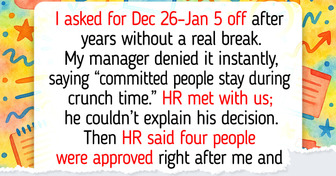
My Boss Saw Me on the Phone With My Sick Son—Now I’m on Thin Ice
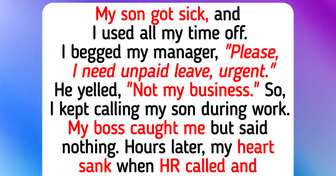
HR Fired Me Right Before My Vacation, So I Used It Against Them
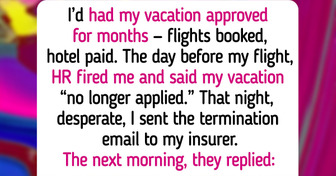
My Sister Tried to Turn Our Family Cabin Into Her Free Resort, So I Changed the Rules
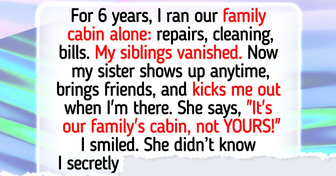
20+ Gifts That Prove It’s the Thought That Truly Counts
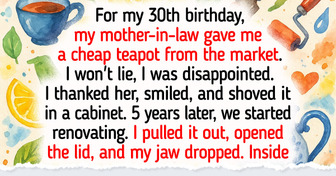
I Refuse to Forgive My Parents After They Took My Inheritance for Being Childless
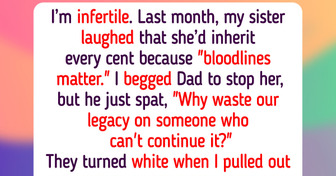
I Found Out My MIL Was Sabotaging My Gender Reveal—Now I’m the Family Villain
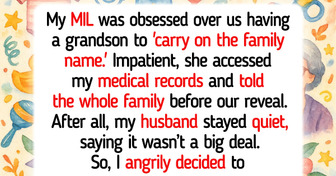
I Refuse to Let My MIL Be in My Life, So I Gave Her One Last Payback
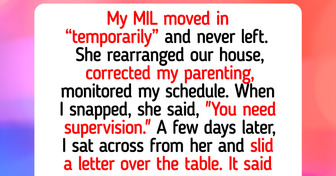
11 People Who Chose Humanity Over Hatred in the Darkest Moments
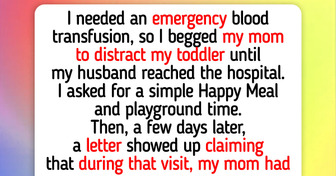
15 Times Someone Showed Kindness Without Saying Anything
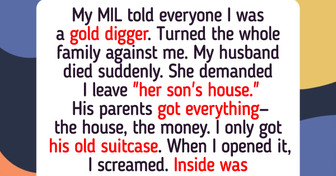
I Refused to Let a 5 Y.O. Attend My Daughter’s Party—Now They Say I’m Cruel
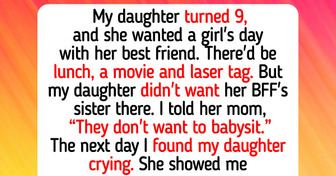
I Refused to Give My Daughter Her Inheritance Because She Refused to Give Me Grandkids
